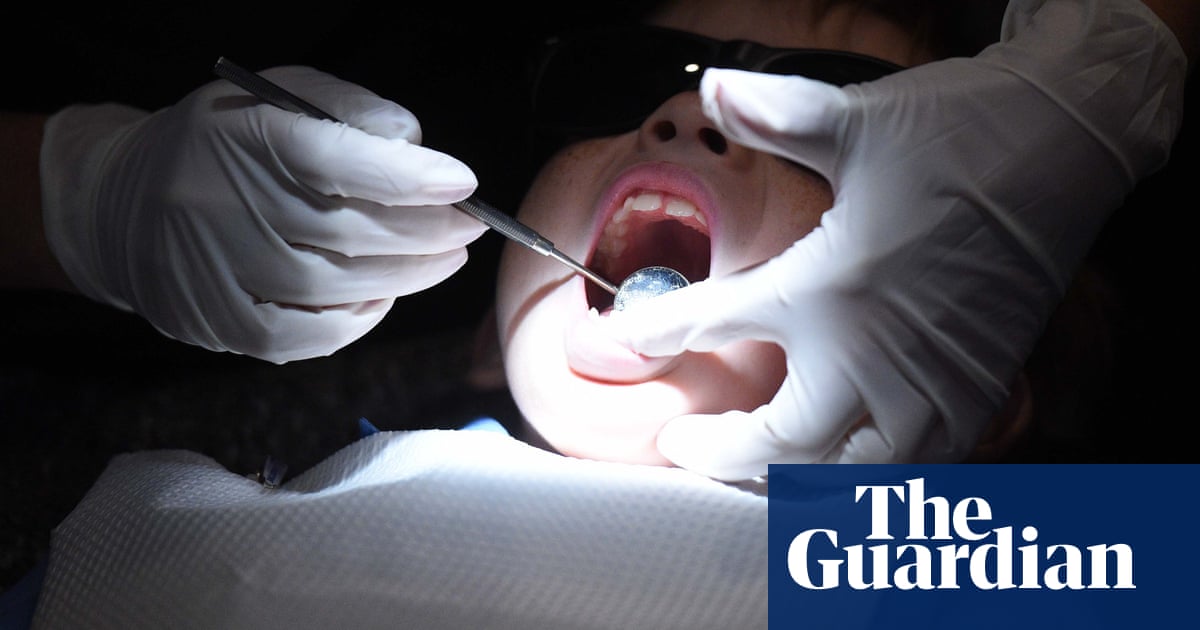
The number of patients stuck in hospital in England despite being medically fit to leave nearly doubled between February and November this year. The rise is worrying health experts, who say it is more evidence that the crisis in the adult care system is creating backlogs in the NHS.
NHS England data shows that the number of times hospital trusts were unable to discharge a patient who no longer met the criteria to stay in hospital increased from 223,593 in February to 402,211 in November – a rise of almost 80%.
The data shows the extent of “stranded patients” – people who are clinically fit to leave hospital but cannot be discharged, often because of a lack of adult care or NHS community health provision. As a result, patients find themselves stuck in an environment where they pick up infections, while hospitals are unable to free up bed space for new admissions.
The Observer has also obtained data on “delayed transfers of care” (DTOC), which measures the number of days individual patients stayed in hospital after they were ready to be discharged.
NHS England stopped collecting DTOC statistics at the start of the pandemic, but a freedom of information request found 26 hospital trusts that are still recording these figures – with DTOC numbers rising by nearly 75% between February and October.
Miriam Deakin, director of policy and strategy at NHS Providers, the membership body for NHS trusts, said: “Trusts do all they can to reduce delayed transfers of care, given its impact on patients. However, with the latest performance figures showing more than one in 10 beds are occupied by patients who are medically fit to leave hospital, there is a pressing need to invest in social care and care in the community.
“In addition, urgent investment is needed in the social care sector including in home-care services – which is why we have called for retention payments to support people to remain within the care workforce over these critical winter months.”
University Hospitals Dorset NHS Foundation Trust saw acute care DTOC numbers increase from 2,701 on 1 April to 4,452 on 1 October. DTOC cases caused by problems securing care packages at home doubled in that time, while those arising from difficulties in finding beds in community hospitals more than doubled.
Dr Tristan Richardson, clinical director for medicine at University Hospitals Dorset NHS Foundation Trust, said: “If we have a patient who can’t leave hospital because a package of care is not available to support them at home, or there is not a place in a care home, for example, that means a patient can’t move from our emergency department on to a ward.”
He added that this “fills up our emergency department, which in turn means other patients are waiting to enter the emergency department in ambulances, and consequently those ambulances can’t then be attending an emergency in the community. The knock-on effect presents a clear compromise to all patients.”
A report from Dorset council in November described the link between the crisis in adult care and delayed discharges from hospitals: “The shortage of home care and therapy support is… having an adverse impact on the local hospitals; people are waiting for packages of care… to be available before they are discharged. Therefore increasing length of stay and decreasing hospital capacity.”
The report identified “significant gaps in workforce capacity such as the lack of home care and therapy workers”, and noted that the workload of hospital social work teams had tripled but that the “workforce has not increased to match the demand”.
David Fothergill, of the Local Government Association, said: “Councils and care providers are doing all they can to ensure people are able to safely return from hospital to their homes and communities as quickly as possible, despite multiple and ongoing pressures.
“These include, but is not limited to, significant shortages in the social care workforces, with more than 100,000 vacancies available on any given day, and extremely high turnover rates.
“Recent extra government funding for care workforce retention and recruitment will help, but this falls well short of enabling an immediate significant uplift in pay, which is the single biggest factor behind staffing shortages.”
NHS England did not respond to a request for comment.












